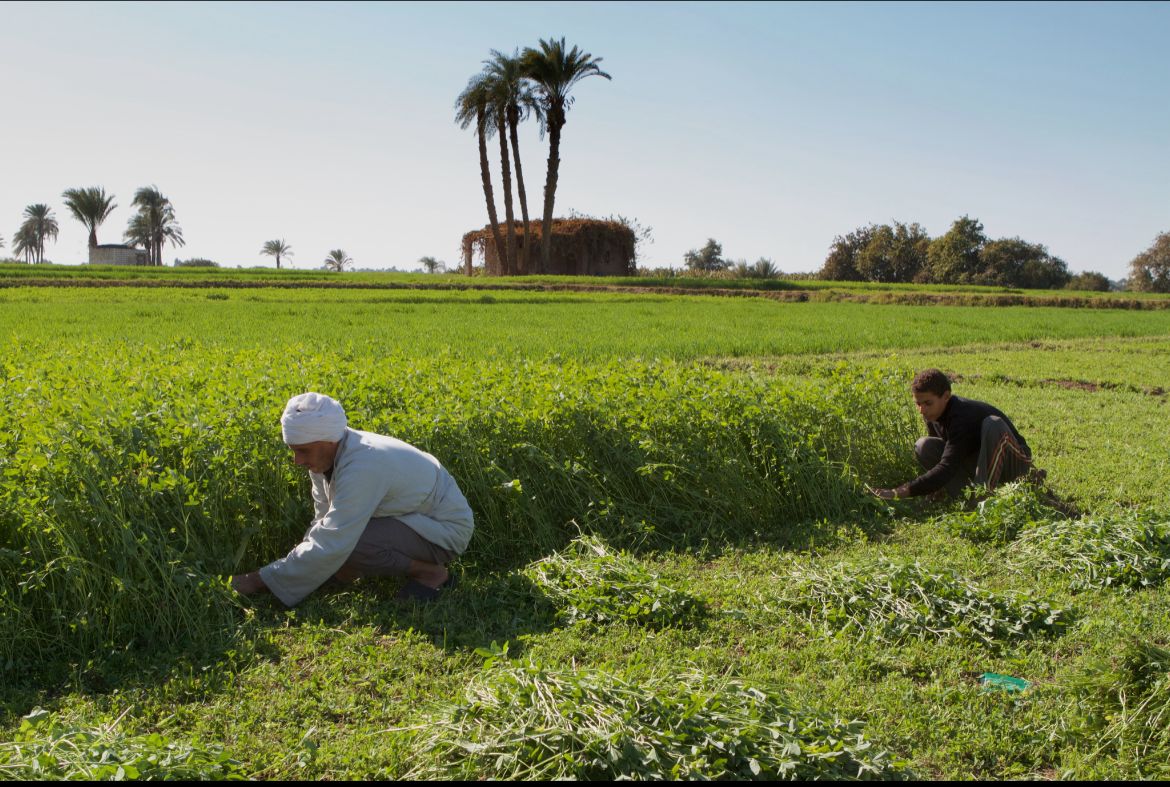Navigating Egypt's Green Transition: A Call for Justice and Inclusivity
Key Ideas
- Egypt attracts international investments in renewable energy and green hydrogen, raising questions about their impact on local communities.
- The report advocates for a shift towards decentralized, community-led renewable energy solutions over export-driven growth.
- Community-driven initiatives like the Sinaweya Initiative and SEKEM offer models for food sovereignty and local empowerment.
- A call is made for foreign investments in Egypt to prioritize self-determination and the wellbeing of its people, pushing for a more inclusive and equitable green transition.
Egypt is emerging as a significant player in the global energy transition, with a focus on renewable energy and green hydrogen attracting substantial international investments. A report by Greenpeace MENA and MENAFem sheds light on the implications of these investments, emphasizing the need for a more inclusive and justice-centered approach. While Egypt has ambitious plans for green projects worth over $40 billion, questions arise regarding the true benefits for local communities and the perpetuation of extractivist patterns. The report urges a reevaluation of investment models towards decentralized, community-led renewable energy solutions and sustainable agriculture practices. It highlights grassroots initiatives like the Sinaweya Initiative and SEKEM as examples of empowering local communities and promoting ecological restoration. The call is made for foreign investments in Egypt to prioritize partnerships that empower communities and align with national interests, advocating for a just transition and a reform of the global financial system. As Egypt navigates its green transition, the focus on social inclusivity and environmental sustainability becomes paramount.
Topics
Middle East
Renewable Energy
Environmental Impact
Sustainability
Economic Development
Community Empowerment
Social Justice
Foreign Investments
Decentralized Energy
Latest News
